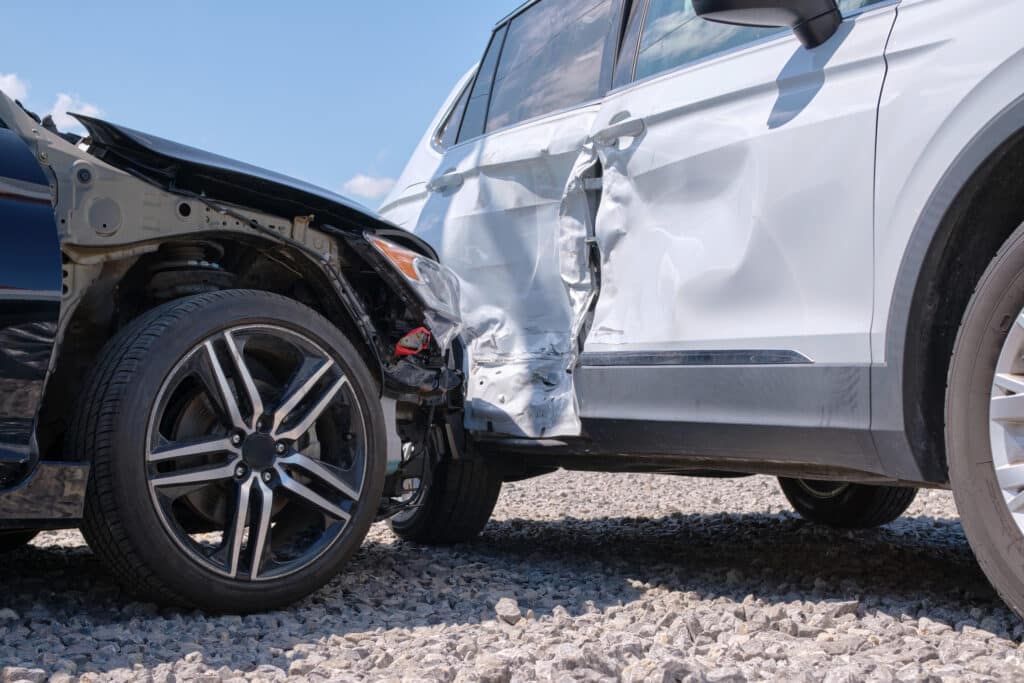Car accidents can happen when you least expect them and navigating the aftermath can be overwhelming. In South Carolina, understanding the specific laws governing car accidents is crucial for both residents and visitors alike. This guide aims to shed light on South Carolina’s car accident laws, providing valuable insights into key aspects such as liability, insurance requirements, and potential legal actions.
Explaining South Carolina Car Accident Laws
South Carolina car accident laws are designed to ensure fair and just outcomes for all parties involved. Whether you’re a resident or a visitor, being aware of your rights, responsibilities, and legal processes can make a significant difference in the aftermath of a car accident.I. Fault and Liability in South Carolina
South Carolina follows the doctrine of “comparative negligence” when determining fault in a car accident. This means that multiple parties can share responsibility for the accident, and the degree of fault assigned to each party impacts their ability to seek compensation. In a comparative negligence state like South Carolina, an injured party can still pursue a claim even if they were partially at fault, but their compensation will be reduced by the percentage of fault assigned to them. For example, if a court determines that a plaintiff was 20% at fault for the accident, their damages will be reduced by 20%.II. Minimum Insurance Requirements
South Carolina law mandates that all drivers carry a minimum amount of liability insurance to cover bodily injury and property damage. The minimum coverage requirements are:- $25,000 for bodily injury or death per person
- $50,000 for total bodily injury or death per accident
- $25,000 for property damage per accident

